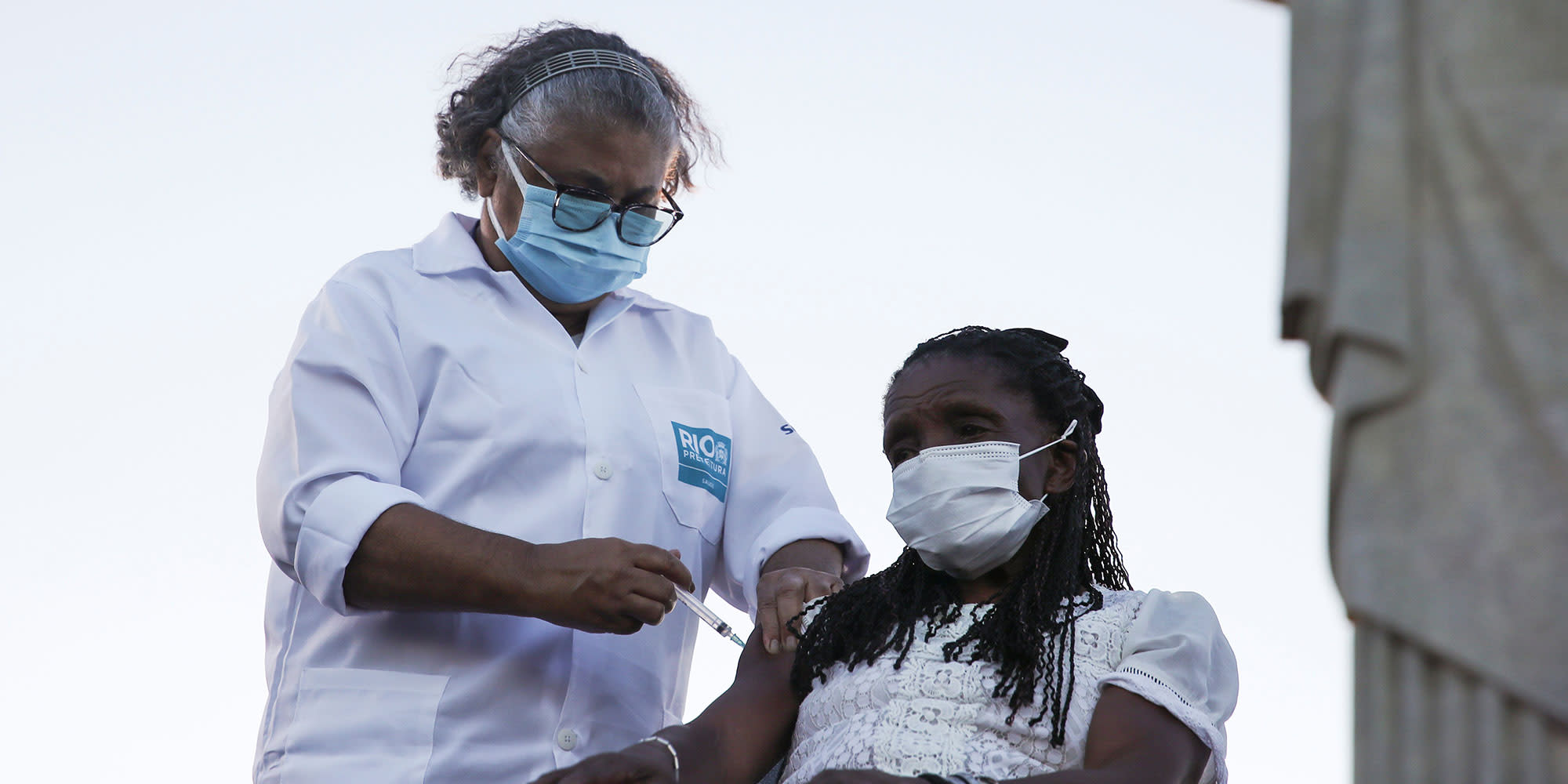RFI
Portugal: President Rebelo de Sousa is seeking a second term in a tense health context
The outgoing president of Portugal, the conservative Marcelo Rebelo de Sousa is a candidate for re-election this Sunday. In this campaign marked in the home stretch by an upsurge in Covid-19 cases and confinement two weeks before the election, participation is a real issue. Seeing the president in a bathing suit on the beach or in the queue at a supermarket at a seaside resort in the country are usual images and closeness for the Portuguese. It is also one of the keys to the success of Mario Rebelo de Sousa. A former law professor, this former journalist led a long essential Sunday political program. Marcel, as the Portuguese call him, likes to linger for a conversation or photos with everyone. More particularly the most fragile, such as the homeless or the sick. This son of a minister, a man of power, an affirmed Catholic, aims this Sunday to beat the record of the best re-elected president, that of the socialist Mario Soares with more than 70% of the votes in 1991. Another result that will be very scrutinized, that by André Ventura. At 37, this deputy heads a very recent right-wing populist party. In this country that emerged from dictatorship in 1974, he could well confirm his breakthrough after entering Parliament during the legislative elections last year. Among the other candidates, we also find the socialist Ana Gomes, critic of Prime Minister Antonio Costa. At 66, this career diplomat and former MEP has become a prominent anti-corruption activist but is not supported by her party, which officially does not present a candidate. The fear of a record abstention due to Covid-19 This election will however take place in a very specific context since Portugal has reached new records for Covid-19 contamination in recent days and the epidemic has brought the Portuguese economy to its knees . The Portuguese have been subjected for ten days to a second general confinement. A health context that raises fears of a record abstention, which could approach 70% .While the country had relatively well controlled the first wave of the pandemic, this did not prevent its economy from being seriously shaken, with a recession that swept away 10 years of public accounts recovery efforts, some economists say. The immediate consequence of the pandemic is a 9.3% drop in gross domestic product, the service sector being the most seriously affected; in Europe, the Portuguese economy is one of the hardest hit. This can be explained by its model, with a considerable weight of tourism which represents nearly 17% of gross domestic product. To keep up, several Portuguese companies have recourse to state aid, such as short-time working, guaranteed loans and cash aid, but the room for maneuver is limited. Aid which maintains the reprieve. If they are lifted, Portuguese economists fear a wave of bankruptcies and layoffs.
–


